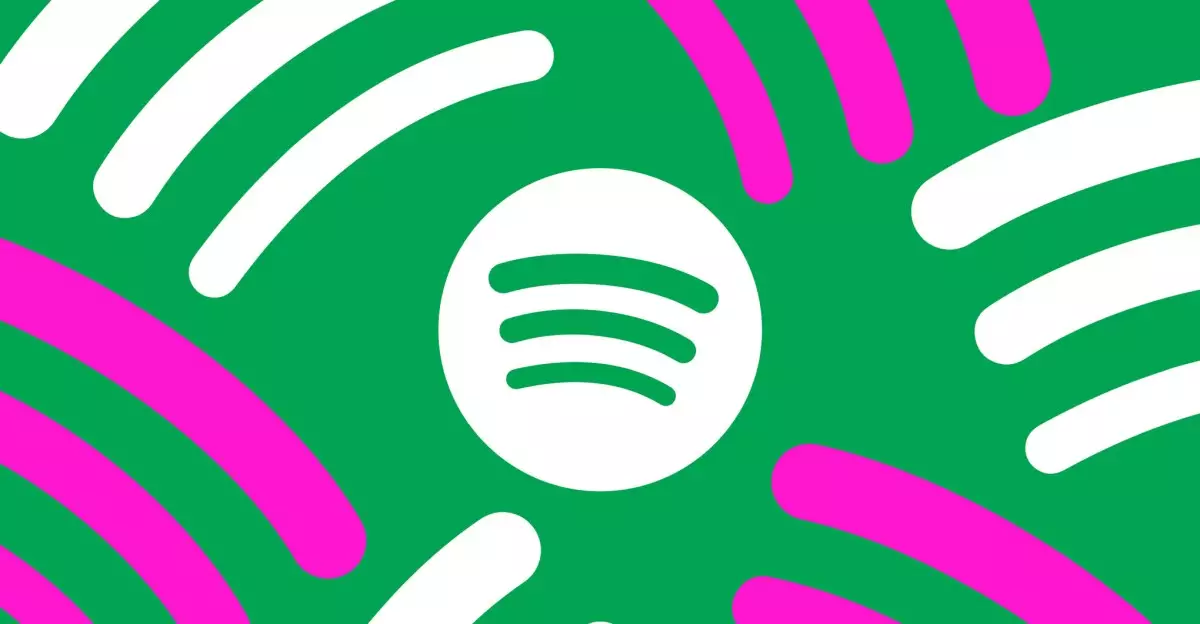Spotify’s recent introduction of audiobook add-on subscriptions marks a significant shift in how streaming platforms are approaching spoken-word content. The core appeal here is clear: for a modest fee, users can expand their monthly listening limit from 15 to a more generous 30 hours. This development caters directly to avid audiobook enthusiasts who often find themselves frustrated by strict caps that curtail their immersion into long-form narratives. The potential convenience of having an automatic, rolling upgrade to their listening quota is undeniably appealing—no need to buy individual books or manage complicated top-up systems.
However, this convenience comes wrapped in the realities of profitability and platform strategy. As a pay-to-play model, Spotify’s approach incentivizes users to spend more money—either through these add-ons or by upgrading to more expensive plans—instead of supporting creators through purchases or ownership rights. While the feature appears user-friendly on the surface, it subtly shifts the experience from one of ownership (buying a book) to perpetual renting within the confines of Spotify’s ecosystem. Ultimately, Spotify benefits financially, yet the user experience is hampered by artificial limits and a reluctance to facilitate straightforward support for authors and publishers.
Limitations That Undermine Long-Form Engagement
Though the expanded 30-hour limit is a step forward, for dedicated listeners, it remains a significant constraint. Think about the world-renowned epic “A Game of Thrones” or “The Way of Kings,” which can take dozens of hours to fully experience. For most serious audiobook fans, 30 hours simply isn’t enough to enjoy substantial works in their entirety. The workaround—listening to multiple smaller books—is a workaround at best because re-listening requires reallocating those precious hours. It’s akin to renting a library rather than owning a bookshelf full of titles.
This artificial cap discourages deep engagement with longer works and diminishes the value of the audiobook experience. Unlike purchasing a book where ownership grants indefinite access, Spotify’s model encourages constant consumption within a rigid time frame, transforming what should be an immersive storytelling journey into a ticking clock. It’s a testament to the platform’s core business model: maximize repeat usage and paid add-ons, even if it compromises the listener’s experience.
Support for Creators and the Future of Audiobook Economics
One of the most frustrating aspects of Spotify’s model is its limited support for authors and publishers. Unlike Audible’s model, which offers a monthly free book that customers can keep forever, Spotify’s time-based system prevents ownership. This restricts direct support for creators—an issue that becomes more glaring given the reportedly higher payouts Spotify offers compared to Audible. The inability to purchase or directly support authors through the platform diminishes the cultural and economic value of audiobooks within Spotify’s ecosystem.
Moreover, the regional restrictions and the cash price for these add-ons seem designed to extract maximum revenue while minimalizing the user’s freedom. Only certain regions are eligible, and the prices hover around the equivalent of a premium coffee, which may seem reasonable but quickly becomes a drain if you’re an audiobook addict. As Spotify plans to introduce similar features in the U.S., it’s clear the company is testing the waters—profits over platform openness and author support.
The Real Cost of Convenience in Streaming Audiobooks
Ultimately, Spotify’s push for extended audiobook hours via paid add-ons raises questions about the long-term sustainability for both creators and consumers. For casual listeners, the 15-hour base plan may suffice—but for those seeking an immersive experience with longer works, the need to continually buy add-ons quickly becomes an inconvenient, and potentially expensive, cycle. The platform’s approach feels less like an embrace of storytelling and more like a transactional treadmill.
While the ease of having these add-ons built into the premium environment might appeal to some, it’s hard to ignore the broader implications: a platform profiting from content consumption without offering true ownership or sustainable support for creators. Audiobooks are a cultural treasure, and their commercialization on platforms like Spotify risks commodifying storytelling into an endless dollar chase, rather than fostering a vibrant ecosystem where authors and listeners thrive in mutual support.

